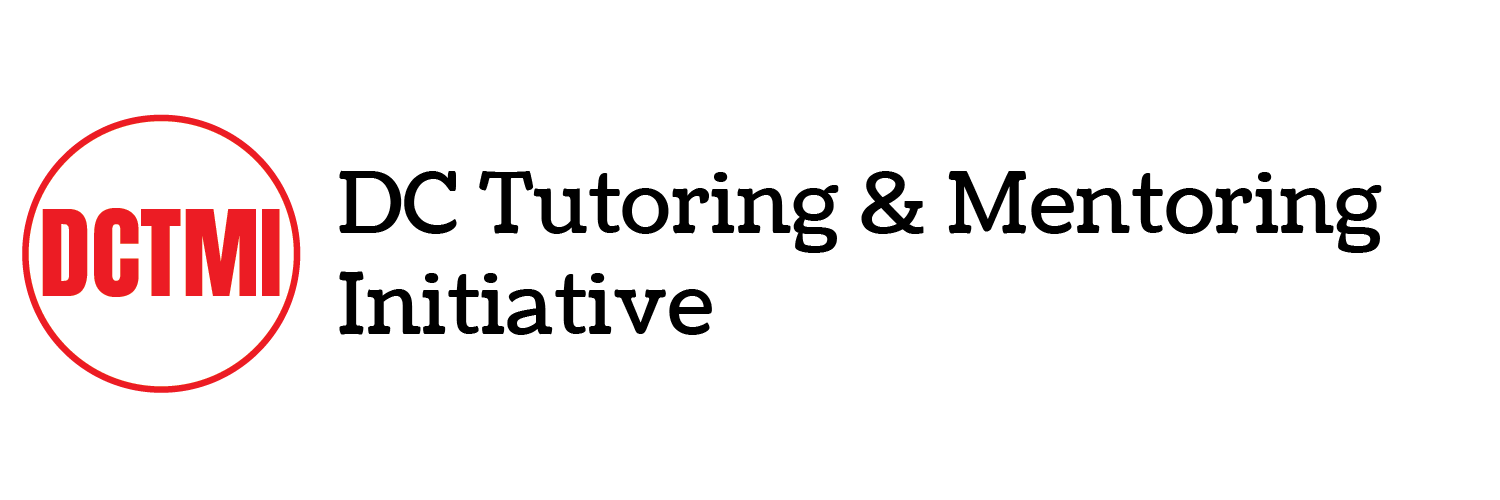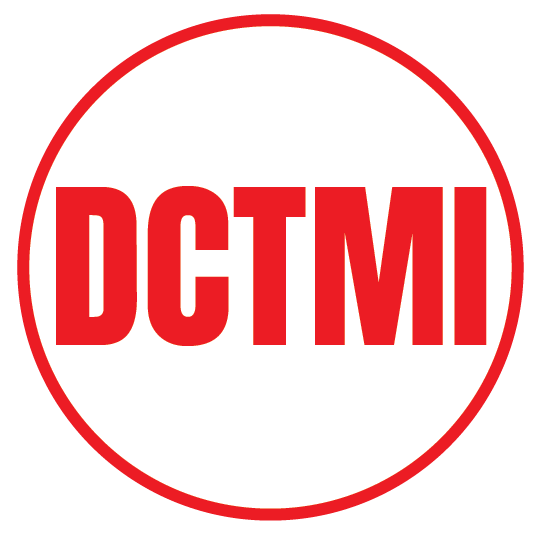Leaping Over Hurdles to Get Volunteers in Schools
By Erika Heddesheimer
The expectations placed upon teachers in our current educational system are overwhelming, especially at schools where a majority of students are struggling with fundamentals. In D.C. specifically, two out of three kids are reading below grade level. During the 2016-2017 school year, only around 30% of students scored Level 4 or 5 on the end-of-year Partnership for Assessment of Readiness for College and Careers (PARCC) math and English language arts assessments. Level 4 and 5 represent the students who are considered “college and career-ready,” which means that two-thirds of students lack the skills and knowledge they need to thrive.
Students require more one-on-one or small-group support than teachers alone have time to provide. Reading Partners, a organization that provides tutors for students throughout the city, reported that in the 2016-2017 school year, 90% of kindergarten-2nd grade students who went through its program mastered key foundational reading skills needed to read at grade level. Meanwhile, 83% of the 11,257 Reading Partners students met or exceeded their primary end-of-year literacy growth goal. The Reading Partners program is just one example of how volunteers can play a vital role in lessening the burdens placed upon educators and helping students catch up. For schools that do not have access to programs like Reading Partners, though, recruiting and managing volunteers presents a substantial hurdle in bringing in extra help.
Jay Mathews, a writer for The Washington Post, explored the hurdles for teachers in his June 11th article, “Retirees would be ‘dream’ volunteers, but few schools seem to want their help.” Mathews talked to teachers and retired educators throughout the DMV area, all of whom had difficulty bringing volunteers into the classroom or serving as volunteers themselves. The hurdles are of two types. First, the current restrictions and regulations for new volunteers present a problem.
In Washington, D.C., it is required that all volunteers either get one-time clearance through a clearance exception from District of Columbia Public Schools (DCPS) or get a background check from DCPS. The background check includes fingerprinting and a recent tuberculosis test. This clearance is essential for the safety and well-being of the children, but acts as a deterrent for volunteers. Time commitments and cost become hurdle two and three towards volunteering in DCPS.
D.C. has the sixth highest number of cases of tuberculosis (TB) in the United States, and children – especially children of color – run the highest risk of contracting TB. However, the Center for Disease Control reported only 3.7 cases for every 100,000 people. While clearing all volunteers for TB seems like the safest choice, it appears to have more negative implications than positive. TB tests and readings can cost around $70 at clinics in D.C., making them inaccessible to volunteers with financial limitations. This further marginalizes any community member who hopes to make a positive impact in a child’s life.
Neighboring counties such as Fairfax County in Virginia and Montgomery County in Maryland do not set as rigorous a standard for volunteers. In Fairfax County, only a background check is required for volunteering in public schools. In Montgomery County, Recognizing and Reporting Child Abuse and Neglect online training and background checks are required for volunteers who are with students for extended periods of time. Similar requirements exist in Prince George’s County, Maryland and Arlington County, Virginia. This is the first hurdle for new volunteers getting in the door.
A second hurdle is the ongoing management and support for volunteers to ensure that they are showing up on time and on a regular schedule and that they are working effectively with their students.
What can traditional public or charter schools do to get the support they need for volunteers? Some have tried giving teachers a stipend to assume the added role of volunteer coordinator but this seems to be a recipe for failure in schools where the teachers are already overwhelmed. A better approach could be teaming with a nonprofit community group that specializes in working with volunteer tutors and mentors and that can embed one or two volunteer coordinators in a school. Garrison Elementary School in Ward 2 is a perfect example. Garrison works with DC Tutoring & Mentoring Initiative (DCTMI) partner organizations -– Everybody Wins and Project Northstar -– and their parent-teacher organization (PTO) to bring in tutors and mentors for students.
DCTMI can help close the gap between people who want to help and students who need help. DCTMI helps recruit and organize volunteers – including retired educators – and places them with one of the myriad tutoring and mentoring organizations across the city, a process which can be daunting for an individual unacquainted with the field. Communities in Schools, Higher Achievement, Reading Partners, and many of DCTMI’s partner organizations have volunteer coordinators in place to fill the gap between volunteers and schools and ease the on-boarding process. DCTMI is able to pair the skills of volunteers with the needs of our 44 partner organizations in order to create a partnership in which both the students and mentors succeed, while also lessening the burden on volunteers and teachers.


